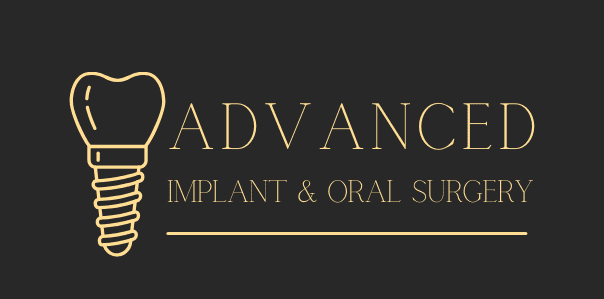Our periodontist office near Dallas, TX offers a variety of sedation dentistry options for patients who may suffer from dental anxiety and for patients undergoing any complex dental procedure like dental implants.
It is important to us that patients feel relaxed and comfortable during their dental procedure, which why we offer sedation options like IV Sedation. IV Sedation dentistry allows patients to not feel or remember anything from the treatment.
IV Sedation Dentistry, also known as Deep Conscious Sedation, is a specialized service that Dr. Bradley Dean is qualified to offer. IV Sedation Dentistry can only be offered by dentists and oral surgeons who have completed training and received certification in IV sedation.
Benefits of IV Sedation Dentistry
- IV sedation dentistry is more effective because it is administered directly into your blood stream. Dr. Dean will have more control over the level of sedation.
- The effects of IV sedation will wear off faster allowing for a faster recovery with fewer side effects compared to oral sedation.
- When using oral sedation dentistry, you must be accompanied by someone to your appointment because the sedative needs to be taken at least an hour before the procedure. You will not be capable of driving to your appointment if you choose this option. With IV sedation, you can take yourself to your appointment because the effects set in faster and wear-off faster. (Note: both options require a ride home after appointment)
- It’s the most powerful sedation dentistry option.
- IV sedation has an amnesic effect so patients will remember little, if anything, from the treatment.
- It allows for expert treatment administered by Dr. Dean, a certified Dallas, TX dentist.
Frequently Asked Questions
Who should avoid IV sedation?
People with certain medical conditions should avoid IV sedation. This includes those with severe heart or lung disease, uncontrolled high blood pressure, or a history of allergic reactions to sedatives. Pregnant women and individuals with a history of substance abuse may also need to avoid IV sedation. Discussing your full medical history with your dentist or oral surgeon is important to determine the safest treatment option.
Do you feel pain with IV dental sedation?
With dental IV sedation, you usually feel pain during the procedure. IV sedation induces a deep state of relaxation. Moreover, while you’re still conscious, you will likely feel very calm and comfortable. The sedation works alongside local anesthesia, which numbs the specific area being treated. This ensures that you won’t experience pain.
How long after IV sedation can you eat?
You can usually eat a few hours after IV sedation. But it’s best to start with light, easy-to-digest foods. Your dentist or oral surgeon will provide specific instructions based on your procedure. Typically, once the effects of the sedation have worn off and you feel alert, you can gradually return to your regular diet. Start with soft foods like soup, yogurt, or applesauce to avoid irritating your mouth. You should also avoid hot foods until you’re fully recovered.
Is IV sedation safer than general anesthesia?
IV sedation is generally safer than general anesthesia. It keeps you conscious but deeply relaxed, allowing you to breathe on your own. General anesthesia, on the other hand, makes you completely unconscious and requires more intensive monitoring. IV sedation carries fewer risks, and we often prefer it for less invasive procedures. We will help you choose the best option based on your needs and health.
What drug is used for IV sedation in dentistry?
The drug most commonly used for IV sedation in dentistry is midazolam. It’s a benzodiazepine that provides relaxation, reduces anxiety, and often causes drowsiness. Midazolam works quickly and allows the patient to remain conscious but deeply relaxed. Sometimes, dentists might also use other medications like fentanyl for pain relief or propofol for deeper sedation.
Is it okay to sleep after IV sedation?
Yes, it’s okay to sleep after IV sedation. In fact, you might feel drowsy and tired as the sedation wears off, so rest is recommended. Having someone with you is important to monitor your recovery during the first few hours after the procedure. Sleep helps your body recover and ensures you feel more alert as the sedation fully wears off. Just make sure you follow any specific aftercare instructions from your dentist.
Request a Sedation Dentistry Consultation Today
IV sedation dentistry is necessary for people who suffer from severe dental anxiety or fear of the dentist. It is also utilized for oral surgery. If suffer from this fear or anxiety or need invasive oral surgery, contact the office of Dr. Bradley Dean for a consultation. Here, he can explain how IV sedation dentistry works and review your medical history to see if you qualify for it.
